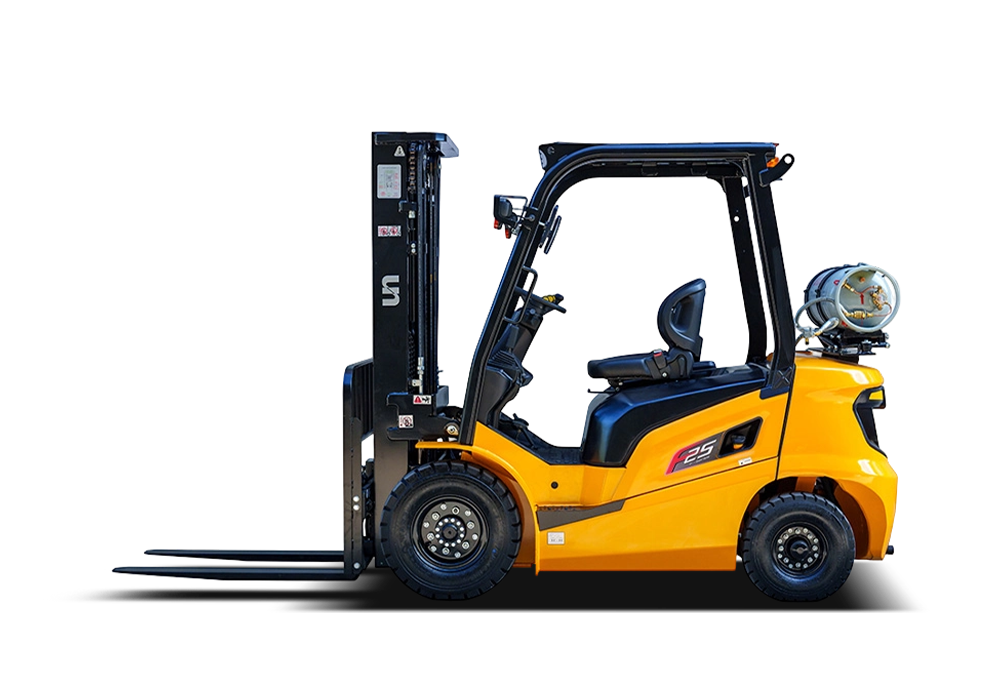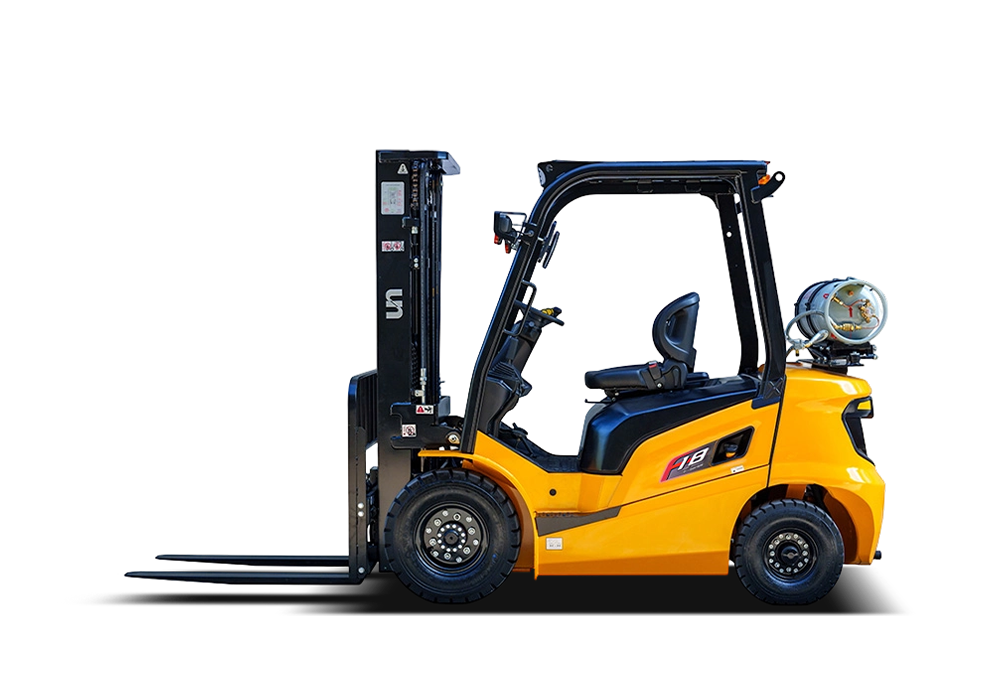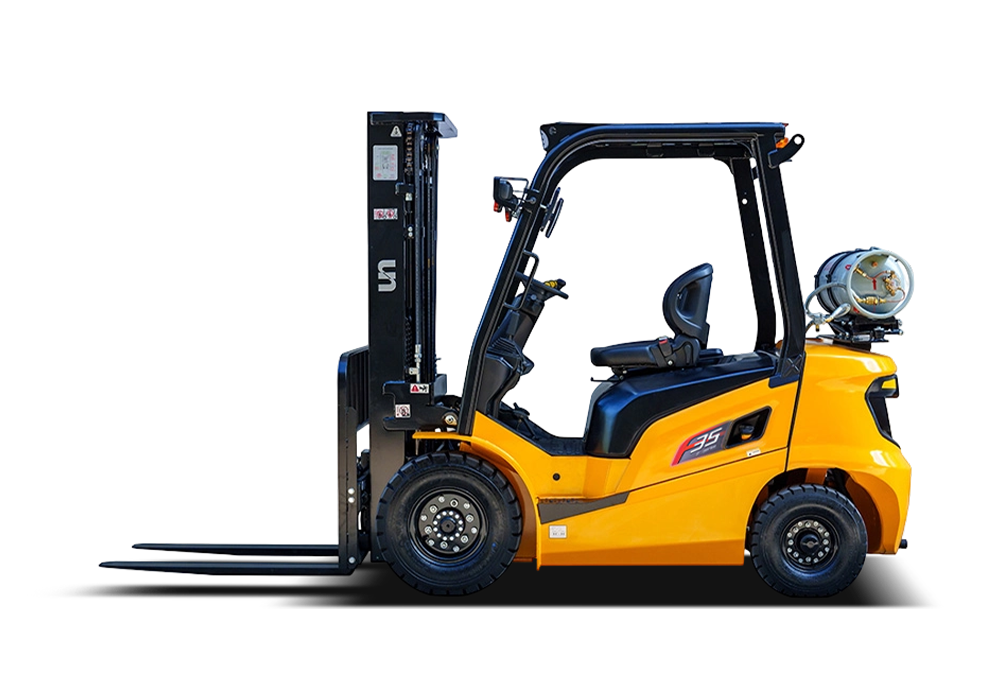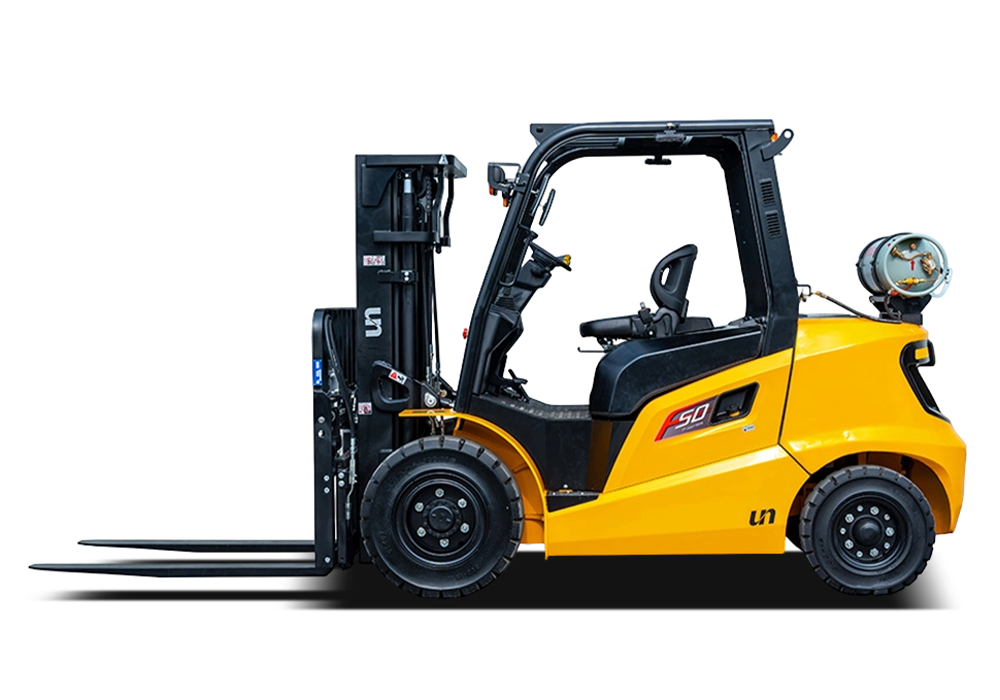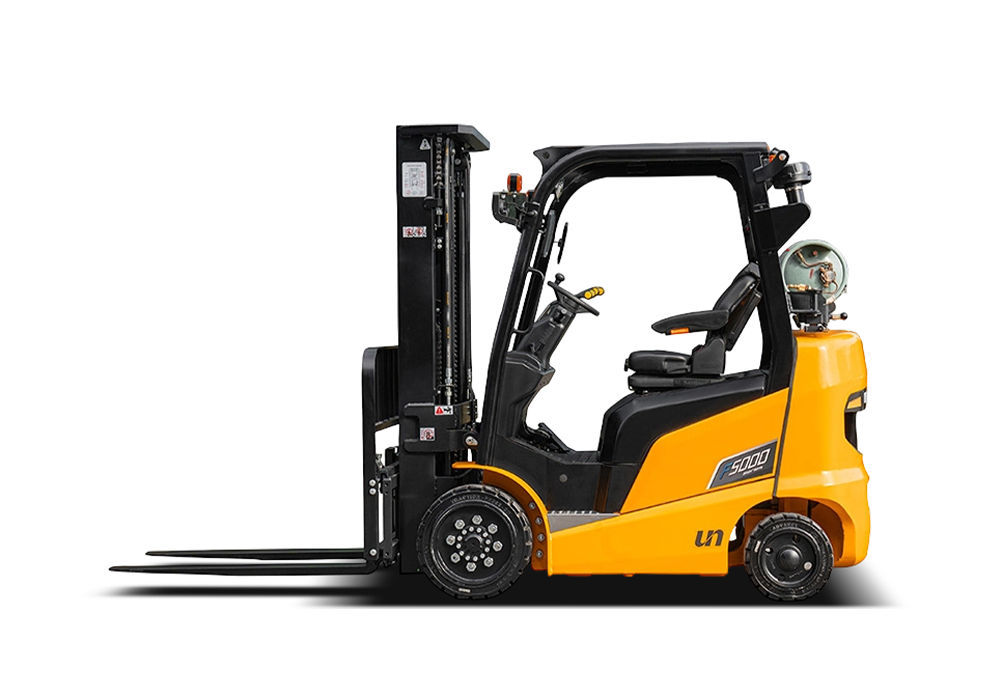How do environmental factors, such as temperature, humidity, or terrain, impact the performance and operation of forklift trucks?
Admin 2024-05-27Environmental factors can significantly impact the performance and operation of forklift trucks, affecting their efficiency, reliability, and safety. Here's how different environmental conditions can influence forklift truck operation:
Temperature:
Extreme temperatures, both hot and cold, can affect the performance of forklift trucks and their components. In cold temperatures, hydraulic fluids may thicken, affecting the responsiveness of hydraulic systems and reducing lifting capacity. In hot temperatures, overheating of engine components, hydraulic systems, and electrical systems may occur, leading to decreased efficiency and potential equipment failure.
Forklift trucks designed for indoor use may be equipped with features such as insulated cabs, heated seats, and cold-weather packages to mitigate the effects of extreme temperatures and maintain optimal operating conditions.
Humidity:
High humidity levels can cause corrosion and rusting of metal components, leading to premature wear and potential structural damage. It can also affect the performance of electrical systems, leading to short circuits, malfunctions, and electrical hazards.
Forklift trucks used in humid environments may require additional maintenance and corrosion protection measures, such as regular cleaning, lubrication, and application of rust inhibitors.
Terrain:
The terrain on which forklift trucks operate can significantly impact their performance and stability. Uneven surfaces, potholes, debris, and obstacles can affect maneuverability, traction, and stability, increasing the risk of accidents, tip-overs, and load spills.
Forklift trucks used on rough terrain or outdoor surfaces may be equipped with features such as larger, more rugged tires, enhanced suspension systems, and higher ground clearance to improve traction and stability and navigate challenging terrain safely.
Indoor vs. Outdoor Use:
Forklift trucks used indoors may encounter different environmental conditions than those used outdoors. Indoor environments may have controlled temperatures, smooth floors, and minimal debris, whereas outdoor environments may have variable temperatures, uneven terrain, and exposure to weather elements such as rain, snow, and wind.
Forklift trucks designed for outdoor use are typically more robust and durable, with features such as weatherproofing, sealed electrical components, and corrosion-resistant materials to withstand harsh environmental conditions.
Altitude:
Forklift trucks operating at high altitudes may experience reduced engine performance and power output due to lower air density and oxygen levels. This can affect acceleration, lifting capacity, and overall efficiency.
Forklift trucks used at high altitudes may require adjustments to engine tuning, fuel mixture, and other settings to optimize performance and compensate for altitude-related effects.
Overall, environmental factors such as temperature, humidity, terrain, and altitude can have significant implications for the performance, reliability, and safety of forklift trucks. Proper maintenance, equipment selection, and operator training are essential to ensure safe and efficient operation in various environmental conditions.
For exclusive deals and latest offers, sign up by entering your email address below.




